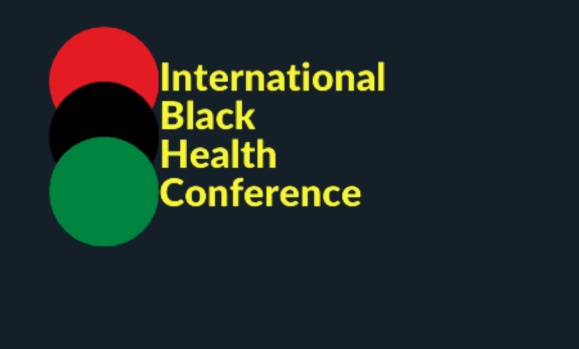International Black Health Conference will address health disparities in Black communities

McMaster's HOPE Chair in Peace and Health Ingrid Waldron is co-organizing the International Black Health Conference. The first of its kind in Canada, the conference will bring together researchers, policymakers, community organizers, government officials and members of diverse Black communities to focus on improving Black health outcomes.
BY Kaleigh Wisman, Faculty of Humanities
September 22, 2022
With higher rates of diabetes, Alzheimer’s disease, cardiovascular disease and, in some instances, cancer, Black communities are disproportionately impacted by health disparities, research shows.
It’s not just genetics causing such poor health outcomes.

“These illnesses are actually a result of the social and structural determinants of health, rather than simply genetics,” says Ingrid Waldron, the HOPE Chair in Peace and Health in the Global Peace and Social Justice Program in McMaster’s Faculty of Humanities.
“We know that it’s those social and structural determinants of health — like education, employment, immigration, access to health care, food security, housing — those non-biological, non-genetic issues that actually have an impact on Black people’s health in Canada and around the world.”
As a way of addressing these health disparities in Black communities, Waldron and her research and community partners are organizing the International Black Health Conference, taking place in person from Oct. 6 to Oct. 8 in Halifax.
The first of its kind in Canada, the conference aims to improve Black health outcomes across the African diaspora.
Waldron, a sociologist whose research focuses on environmental racism and the health impacts of discrimination on Black, Indigenous and immigrant communities, sees the value of bringing together a wide breadth of stakeholders to develop partnerships across disciplines and sectors.
The conference will attract researchers, health policymakers, community organizers, government officials and members of diverse Black communities — all stakeholders who need to develop cross-sectoral partnerships in order to create better health outcomes for Black communities.
“In health we talk a lot about cultural competency — that you need to be sensitive when working with patients,” says Waldron. “And while all of that is good, if your client is suffering from food insecurity or lack of employment, being kind and empathetic isn’t going to do anything about those issues.
“You need to partner with groups in other sectors and professions to address these social issues like housing, or larger policy-influenced structural issues that often lead to the social and economic inequalities that create health disparities.”
Recognizing and understanding structural determinants of health, like political and economic systems, is referred to as “structural competency”— a term coined by one of the keynote speakers at the conference, Jonathan Metzl.
Metzl, the Frederick B. Rentschler II Professor of Sociology and Psychiatry at Vanderbilt University, and the director of Vanderbilt’s Center for Medicine, Health, and Society, will be speaking about the racialization of psychiatric diagnoses — how race shapes psychiatric labels and diagnoses.
At his keynote, he will focus on the over-diagnosis of schizophrenia in Black men.
The other keynote speaker is Notisha Massaquoi — an assistant professor in the department of Health and Society at the University of Toronto Scarborough who has years of grassroots organizing and intersectional experience.
“Notisha is responsible for creating many of the services that are currently being offered at Women’s Health in Women’s Hands — the first health centre for Black and other racialized women,” says Waldron. “Her experience of building initiatives from the ground up has been transformational.”
The curation of speakers and participants from across disciplines, professions and sectors highlights the importance of including diverse perspectives when developing solutions to the issues impacting the health of Black communities.
“I want people to know that when we talk about diverse Black communities, it’s not simply about diverse cultures. We also need to discuss diversity related to gender identity, sexual orientation, income, social class, disability, age, immigrant status and so on,” says Waldron. “If we are going to be discussing diversity in the Black community, it has got to include everyone.”
Partially funded by a SSHRC Connection Grant that Waldron received as a principal applicant, the conference is being organized by Waldron and Nova Scotia-based groups including the African Nova Scotian Decade for People of African Descent, the Health Association of African Canadians, the Healthy Populations Institute at Dalhousie University, the Association of Black Social Workers and the Black Cultural Centre of Nova Scotia.
Along with her partners, Waldron is committed to using this opportunity to enact real change through health research, health services/clinical services, health education, health policy and recommendations related to these four areas.
After the conference, organizers will publish a report outlining best practices and approaches to address health disparities in Black communities in Canada and around the world.
“When we share the report with everyone, that’s when the work begins,” says Waldron. “This is just the beginning.”
To learn more or register for the conference, please visit this Eventbrite link.


